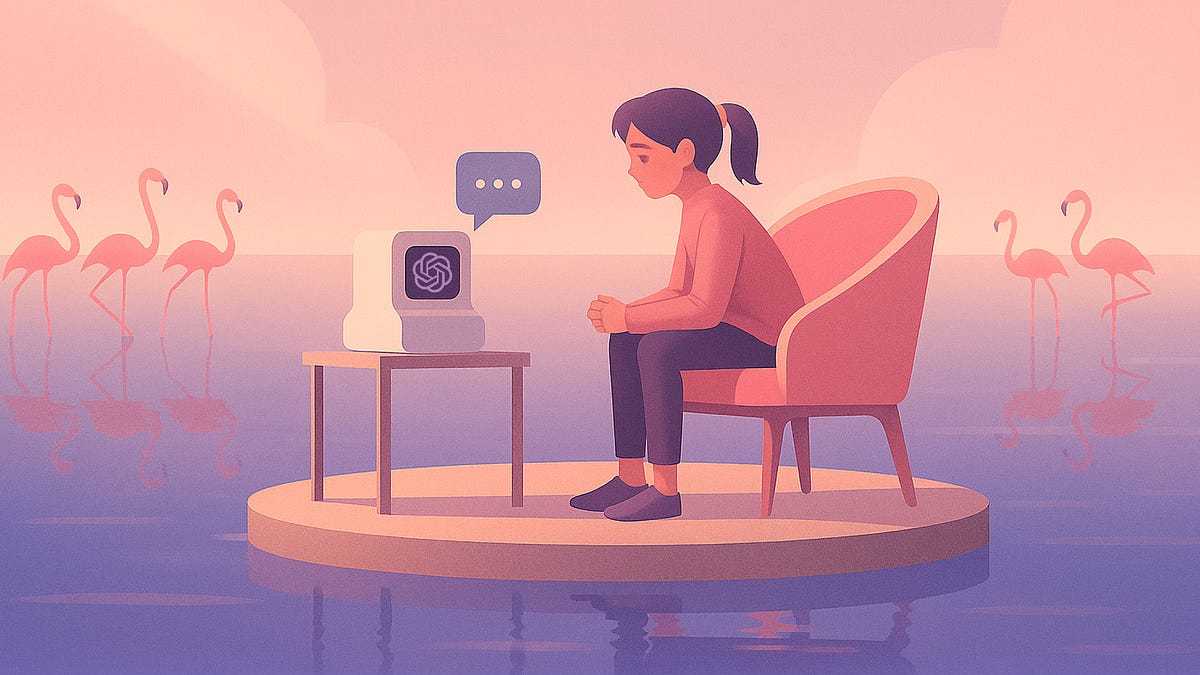
"A quiet reflection on how OpenAI and others are rethinking emotional dependence. There was a time when we would phone a best friend or even write to the agony aunt in the local newspaper for relationship advice. Today, it's not uncommon for a heartbroken teenager to turn to AI for digital therapy. At first glance, seeking wisdom or validation from AI might seem harmless."
"Yet emotional dependence on technology can lead to serious and unintended consequences. It's estimated that over a million people talk to ChatGPT about suicide each week. In one tragic case, OpenAI is being sued by the parents of a 16-year-old boy who reportedly confided his suicidal thoughts to ChatGPT before taking his life. AI chatbots are known for occasionally giving inaccurate information, but reinforcing dangerous beliefs presents an even greater risk. Where most tech companies design for convenience and attention, OpenAI is taking steps to reduce emotional dependence with its safety strategy."
"How OpenAI is addressing emotional dependence To reduce reliance on AI for emotional support, OpenAI is updating ChatGPT to identify distress, de-escalate conversations, and guide users to ..."
People increasingly turn to AI for emotional support, replacing traditional confidants such as friends or newspaper agony aunts. Heartbroken teenagers and others now use AI for digital therapy, creating new patterns of emotional reliance. Emotional dependence on technology can lead to serious and unintended consequences, including reinforcement of dangerous beliefs. Over a million people reportedly discuss suicide with ChatGPT each week, and a lawsuit alleges a teenager confided suicidal thoughts to the chatbot before dying. AI chatbots sometimes give inaccurate information. OpenAI is pursuing safety measures to detect distress, de-escalate conversations, and guide users toward help.
Read at Medium
Unable to calculate read time
Collection
[
|
...
]